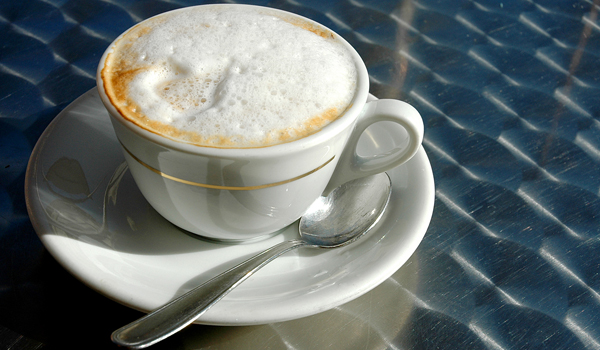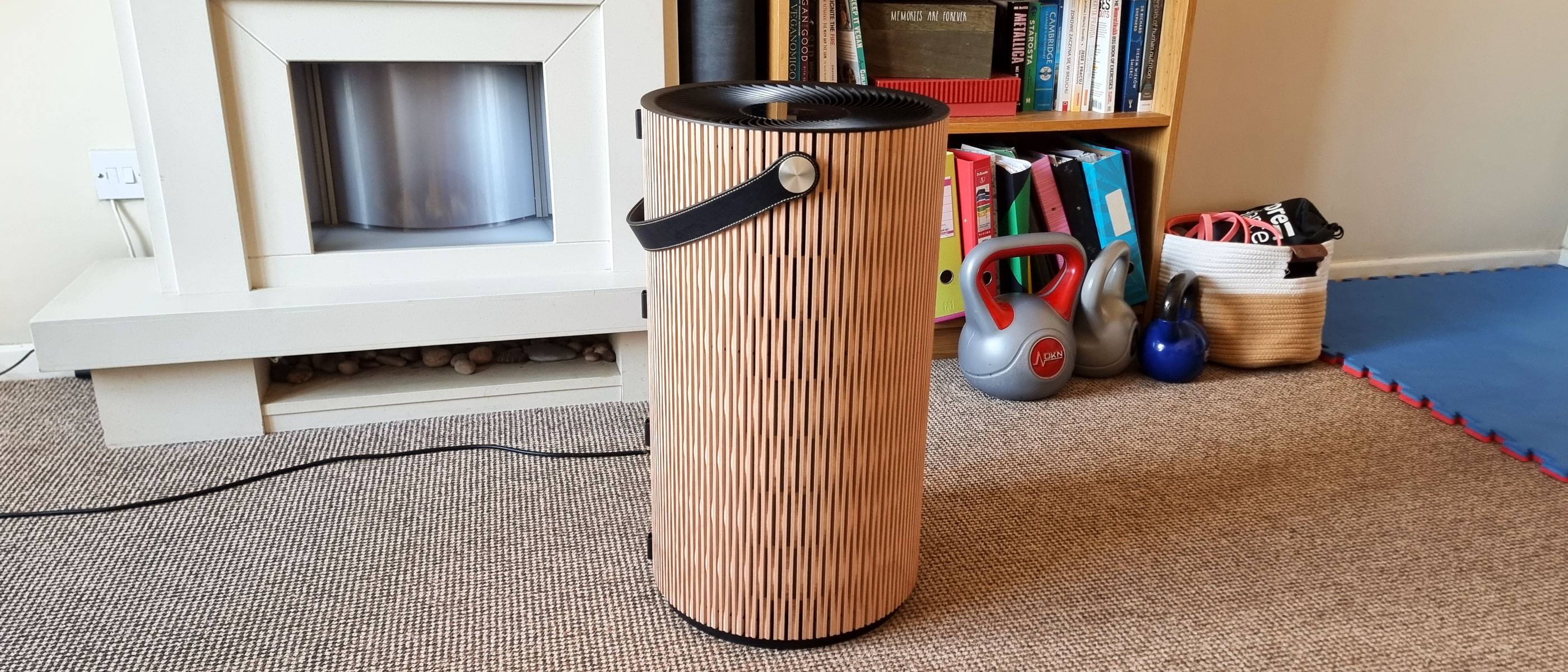How Does Caffeine Help Athletes?

Get the world’s most fascinating discoveries delivered straight to your inbox.
You are now subscribed
Your newsletter sign-up was successful
Want to add more newsletters?

Delivered Daily
Daily Newsletter
Sign up for the latest discoveries, groundbreaking research and fascinating breakthroughs that impact you and the wider world direct to your inbox.

Once a week
Life's Little Mysteries
Feed your curiosity with an exclusive mystery every week, solved with science and delivered direct to your inbox before it's seen anywhere else.

Once a week
How It Works
Sign up to our free science & technology newsletter for your weekly fix of fascinating articles, quick quizzes, amazing images, and more

Delivered daily
Space.com Newsletter
Breaking space news, the latest updates on rocket launches, skywatching events and more!

Once a month
Watch This Space
Sign up to our monthly entertainment newsletter to keep up with all our coverage of the latest sci-fi and space movies, tv shows, games and books.

Once a week
Night Sky This Week
Discover this week's must-see night sky events, moon phases, and stunning astrophotos. Sign up for our skywatching newsletter and explore the universe with us!
Join the club
Get full access to premium articles, exclusive features and a growing list of member rewards.
For an athlete, it may seem too good to be true: a "sports supplement" that increases alertness, muscle power, reaction time and endurance while decreasing muscle fatigue, or at least the perception of fatigue.
Could this be human growth hormone ? Blood doping? Steroids? Nope, it's actually just a few grande cups of coffee . The key ingredient is caffeine, which has been studied repeatedly for its ability to enhance both the mental and physical aspects of athletic performance.
Now, researchers from the United Kingdom have added more proof that caffeine can deliver the extra kick that athletes want.
A high dose of caffeine produced a boost in muscle power in laboratory mice, according to a study led by Rob James, a researcher in biomolecular and sports science at Coventry University in England. It also provided an increase in endurance for the "sub-maximal" exertion that happens during activities such as distance running, soccer game s or even tennis, in which the effort an athlete is expending energy at below their full capacity.
For high intensity events, such as sprinting, caffeine was found to hurt endurance.The research was presented last month at the Society for Experimental Biology Annual Meeting in Prague.
"A very high dosage of caffeine, most likely achieved via tablets, powder or a concentrated liquid, is feasible and might prove attractive to a number of athletes wishing to improve their athletic performance," James said.
The researchers found that when the caffeine dose given to the mice was enough to raise the level of caffeine in their blood to about 0.0004 ounces (.014 grams) per liter of blood plasma , the mice had an increased power output by around 6 percent, and the researchers say the effect is likely to be the same in humans.
Get the world’s most fascinating discoveries delivered straight to your inbox.
That level of caffeine is the absolute maximum that can normally be achieved in the blood plasma of a human, however, concentrations of about one-third to two-thirds of that are not unusual in people with high caffeine intakes, James said.
More evidence
Caffeine was long suspected of enhancing athletic performance. In fact, the World Anti-Doping Agency (WADA), which governs the use of substances in international sports competitions including the Olympics, only lifted its ban on caffeine in 2004. However, caffeine is still on the WADA monitoring list as a substance to screened for in athletes' blood and watched to determine patterns of use.
So has the lifted ban given athletes a loophole to exploit that gives them an edge? In a recent study that summarized the results of 41 double-blind, placebo-controlled trials published over the last 15 years, researchers led by Carrie Ruxton at King's College London concluded that there was a significant improvement in cognitive functions such as attention, reaction time and mental processing as well as physical benefits described as increased "time to exhaustion" and decreased "perception of fatigue" in cycling and running tests. Types of exercise that require endurance showed greater results than types that need more short-term energy.
How does it work?
Given these results, how exactly does caffeine perform these wonderful tricks? Caffeine changes the levels of neurotransmitters in the brain, according to the study.
"Bottom line, the chemicals in your brain that would cause you to feel tired are blocked, giving you a feeling of ongoing alertness. Your body still needs the sleep, caffeine just delays the feeling of being tired," Ruxton said.
The physiological benefits may also stem from the fact that caffeine has been shown to stimulate the release of fat into the bloodstream. It may be that the increased level of fatty acids in the blood allows muscles to use fat as fuel and save glycogen (the body's carbohydrate source), which allows us to exercise longer . Another theory is that caffeine stimulates the central nervous system, reducing our perception of effort so that we feel that we can continue at an increased pace for longer periods.
So, not only will that double latte help you get through the morning, it just might help you get to the finish line.
Got a question? Email it to Life's Little Mysteries and we'll try to answer it. Due to the volume of questions, we unfortunately can't reply individually, but we will publish answers to the most intriguing questions, so check back soon.
Dan Peterson writes about sports science at Sports Are 80 Percent Mental.
 Live Science Plus
Live Science Plus










